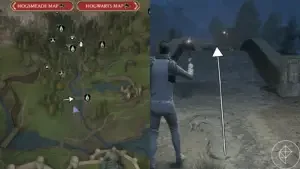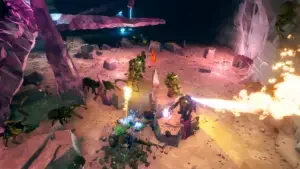Join the club
We are a community of Otaku & Gamers
Entertainment
Anime, TV shows, movies, cosplay, we have it all.
Video Games
We cover your favorite games, and if we haven't, we'll certainly do our best to!
Community
Here, we discuss, exchange, embrace all things anime & gaming!
Welcome
Dive into the worlds of Anime & Games.





